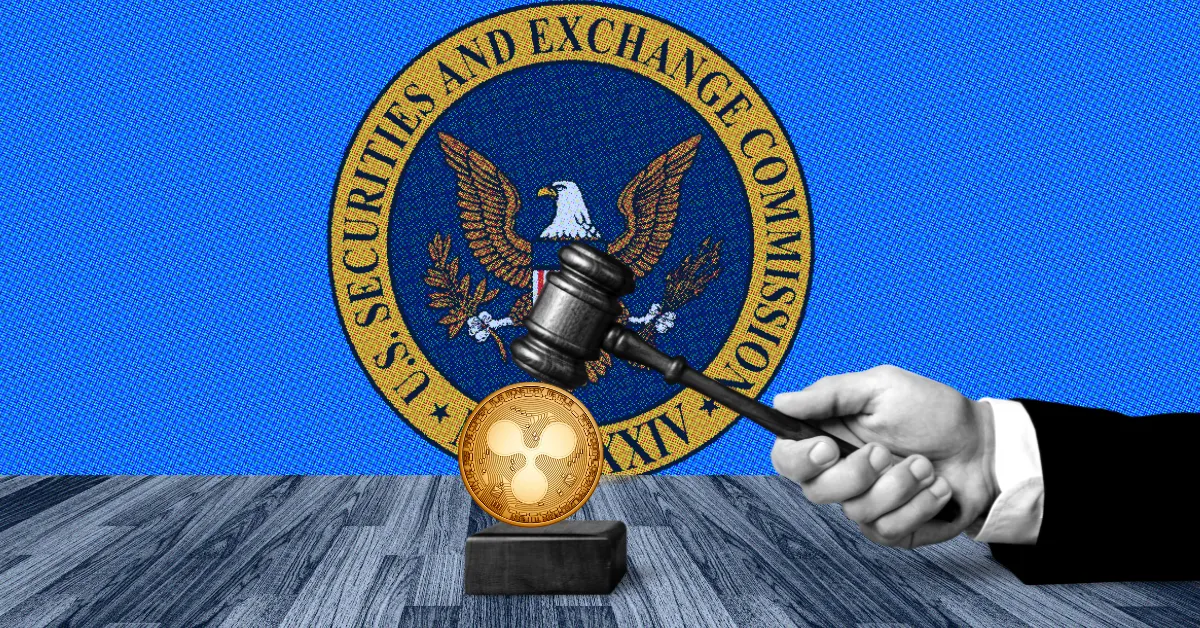Europe is setting a new course in its dealings with China, with an acute consciousness of the potential backlash if these sensitive maneuvers are mishandled.
Amid an escalating global narrative of de-risking from the economic giant, both the United States and Europe signaled a shared intent to minimize reliance on Beijing during a recent G7 meeting. However, the focus isn’t to sever ties completely.
Balancing economic ties with strategic security
While the U.S. loudly expresses concerns about China’s potential national security threat, European policymakers are treading a more cautious path, cognizant of China’s crucial role in their domestic markets.
Senior European Union diplomats involved in discussions with the 27 EU nations acknowledged a looming awareness of possible Chinese backlash, but maintain that these conversations are vital for the bloc’s future.
Despite fear of retaliation, the pursuit of a more balanced relationship with China continues unabated. The EU bloc is navigating the complexities of what de-risking from China implies.
Ursula von der Leyen, the European Commission President, interprets this as voicing specific EU concerns over human rights and negotiating equitable competition and market access with Beijing.
Addressing technological and investment risks
On a parallel track, the European Commission proposed a reevaluation of the EU’s foreign investment screening policy and a fortification of its export control regulations.
While the institution didn’t attribute these proposals directly to China, it highlighted the need for the bloc to mitigate risks amidst mounting geopolitical tensions and rapid technological advancements.
The heads of the 27 EU nations are slated to delve deeper into this topic at an upcoming summit. With Lithuania’s experience of China’s retaliation, the nation has paved the way for others in the bloc.
The country, first in Europe, opened a Taiwanese representation office in 2021 named ‘Taiwan,’ prompting China’s anger and subsequent economic sanctions.
The continent’s dealings with China are further complicated by issues concerning Chinese telecommunications giants Huawei and ZTE. Despite China’s objections, the European Commission has been urging more EU nations to prohibit these two firms, citing security concerns.
So far, a total of ten European countries have heeded this advice, imposing bans or restrictions on the firms’ involvement in their 5G networks.
Yet the consequences of such a move, particularly the potential for retaliatory action from China, are not lost on EU officials. As one anonymous EU official pointed out, a unified response from the bloc could enhance its position against any potential backlash.
Europe’s leaders are navigating a precarious course as they attempt to reconfigure relations with an increasingly assertive China. The challenge lies in achieving a delicate balance between reducing dependencies on China while simultaneously avoiding potential fallout.
The stakes are high, the outcomes uncertain, but the message from Europe is clear – it is crucial to establish a relationship with China that safeguards European interests, even as it treads carefully around the risk of retaliation.





